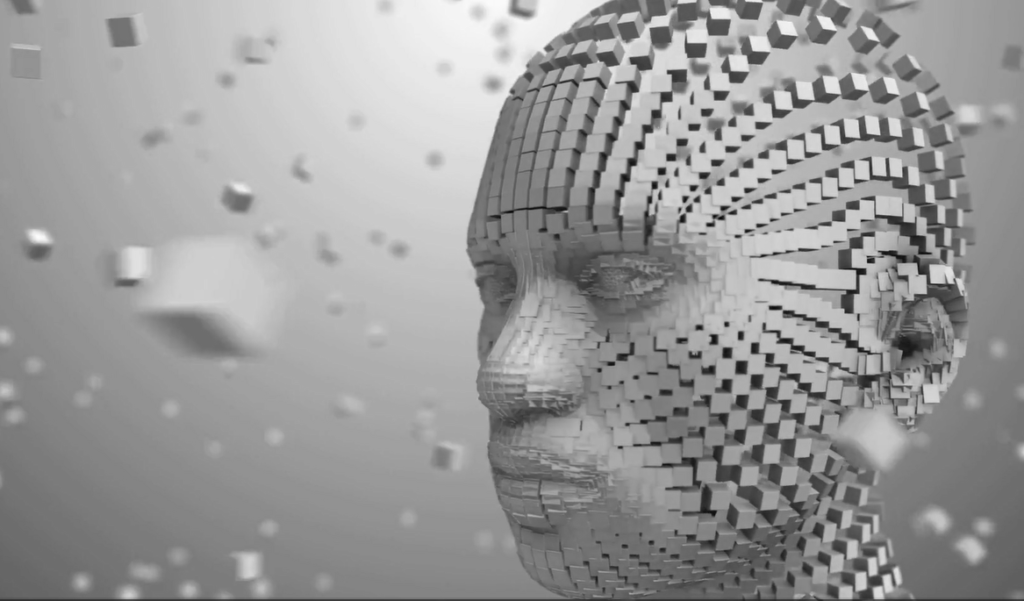In 2024, John J. Hopfield and Geoffrey E. Hinton were awarded the Nobel Prize in Physics by the Royal Swedish Academy of Sciences for their pioneering work in artificial intelligence (AI). Both individuals are considered pioneers in the field, with Hopfield contributing to machine learning and AI in physics and Hinton being recognized as the godfather of AI in computer science.
Their research focused on artificial neural networks (ANNs), which are the building blocks of modern AI. ANNs are inspired by biological neurons in the brain and consist of interconnected nodes or neurons with weighted connections. Hopfield and Hinton’s work enabled machine learning with ANNs, allowing machines to learn in ways previously thought to be exclusive to humans.
Hopfield’s research on recurrent networks and associative memory led to the development of the Hopfield Network model, which is based on a simple recurrent neural network. This network has the ability to recall complete patterns from incomplete information, making it a significant contribution to machine learning.
Hinton, on the other hand, explored various architectures and training techniques for ANNs, including the Boltzmann machine and the Restricted Boltzmann Machine (RBM). His work on backpropagation, a feedback mechanism for neural networks, enabled the efficient training of deep neural networks for classification tasks.
The impact of Hopfield and Hinton’s research extends beyond AI, with applications in image recognition, natural language processing, decision support in healthcare, and scientific discoveries in fields like physics, chemistry, and biology. Their work has paved the way for the development of powerful AI systems that can help address some of the world’s most pressing challenges.
As AI continues to evolve, we can expect more groundbreaking research and transformative applications. The 2024 Nobel Prize in Physics recognizes the remarkable achievements of Hopfield and Hinton and their lasting impact on the field of AI. It is important to use AI ethically and responsibly to ensure that it benefits society and the planet.



